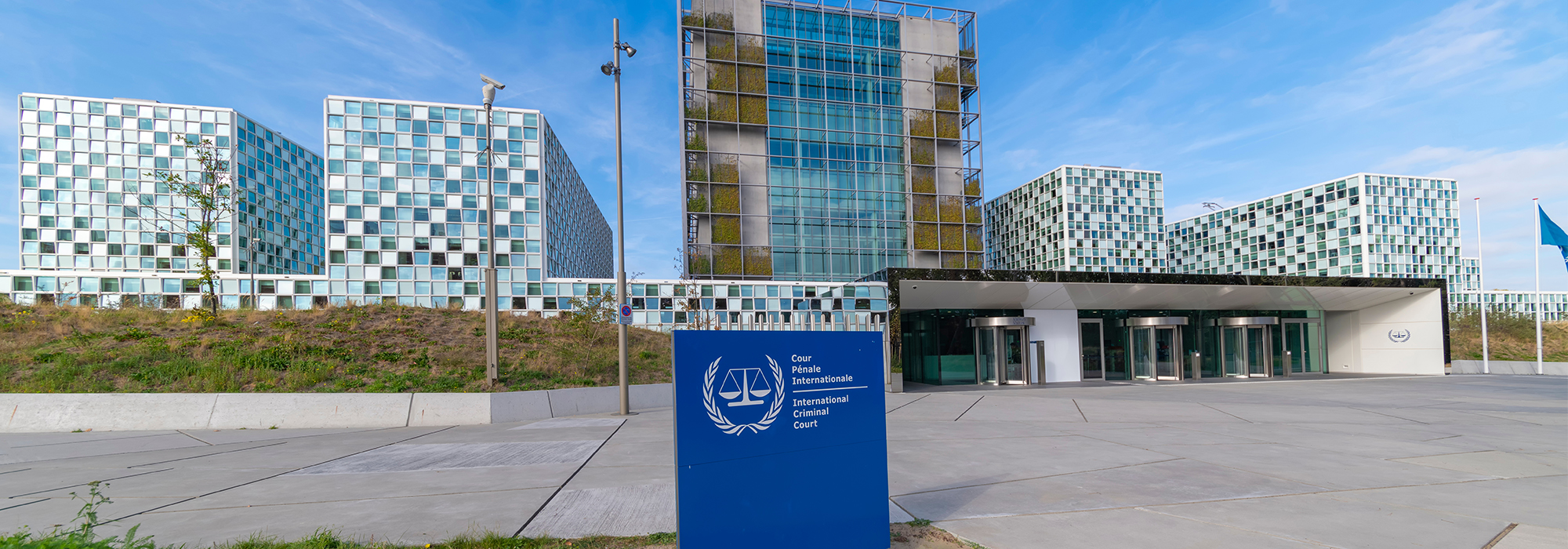
Canada last month joined Argentina, Chile, Colombia, Paraguay and Peru in a referral of the situation in Venezuela to the International Criminal Court. Canada’s involvement in this referral is based on a report documenting human rights abuses that include torture, politically motivated disappearances and extrajudicial executions. These acts, if found to have been committed as part of a widespread or systematic attack directed against the civilian population of Venezuela, constitute crimes against humanity under the Rome Statute of the International Criminal Court. Venezuela is a member of the court and therefore within its jurisdiction.
This came only a week after Canada declared Myanmar’s military actions against the Rohingya people a genocide and urged the UN Security Council to refer the situation to the ICC. As public measures of support, these are positive developments for the ICC, particularly in the wake of the United States’ renewed antagonism toward the ICC. As part of Canada’s larger objective, to be seen as an international steward, and perhaps eventually even a seat on the United Nations Security Council, these acts seem well-placed.
But in the current international climate, when the court is facing budgetary constraints that it says are limiting its ability to function effectively, Canada should be lending it additional financial and diplomatic support.
The ICC has come under sharp criticism in recent years. As a treaty-based institution that prosecutes genocide, crimes of aggression, crimes against humanity and war crimes, it relies on its member states for everything from referrals and arrests to public and financial support. Since 2016, three African states (Burundi, Gambia, and South Africa) and the Philippines have announced their intentions to withdraw (to date only Burundi has left). In addition, recent threats by US President Donald Trump’s National Security Adviser John Bolton further underscore the tension surrounding the court. Despite the more recent moves by some of these states to re-engage with the court, these developments signal strain in the ICC system.
Canada has generally been very supportive of and has engaged with the ICC since its inception. Canada played a central role in its establishment when it contributed to the development of its founding treaty, the Rome Statute of the International Criminal Court. Moreover, it was among the first countries to ratify the Rome Statute in 2000, thus enabling the emergence of the court. In 2005, under Prime Minister Martin, Canada made the first voluntary contribution of $500,000 to assist with the court’s Darfur investigation. Canada has remained one of the major donors of the so-called ‘assessed contributions’ to the budget of the court, contributing approximately five percent of the total budget.
The court’s budget has been allowed to increase, but so has its ‘situation load.’ Given the court’s global and open mandate, it is dealing with 11 situations (different geographical contexts) under investigation and 9 other situations under preliminary examination (as of October 2018). The court’s registry, which is responsible for defense counsel, witness protection, and the Trust Fund for Victims, has argued that the continuing push by some countries to restrain its budget under a zero nominal growth policy “will cause the Office of the Prosecutor. . . to lose staff and operational capability” and “undermine its operations and compromise its ability to deliver on its mandate.” It goes on to say, the prosecutor’s office will also have to “cut planned missions and delay – in some instances drastically – investigative activities” and will be less able to effectively prepare cases.
The registry also warned that holding the budget constant would have a “crippling effect” on the Trust Fund for Victims. Such budget constraints will reduce the trust fund’s capacity to implement court-ordered reparations, which, according to the same document, will have “a highly damaging impact on victims’ rights-based expectations” in a number of contemporary situations, including the Kenya, Cote d’Ivoire, Mali, and the Central African Republic, to say nothing of future situations.
As much as the court needs public support, it fundamentally needs the budget to reflect its ever-increasing workload. In an era of challenges to its legitimacy, a sure way to further undermine the court might be to add to its workload without ensuring it has the financial resources to do the work.
Canada could make a sizable voluntary contribution (perhaps directed at a preliminary examination or investigation in Venezuela or Myanmar). It could also offer strong public support for a considerably larger budget at the next Assembly of States Parties negotiations in December. At a minimum, it should establish a new Canadian position on zero nominal growth, one that recognizes the court needs a growing budget that would allow it to work efficiently and effectively on current situations and investigations, and also to take on new ones. As well, we could, for the first time, contribute to the Trust Fund for Victims, thus supporting the reparations and physical and psycho-social assistance the victims of these horrific crimes need.
Photo: Shutterstock/By Ankor Light
Do you have something to say about the article you just read? Be part of the Policy Options discussion, and send in your own submission. Here is a link on how to do it. | Souhaitez-vous réagir à cet article ? Joignez-vous aux débats d’Options politiques et soumettez-nous votre texte en suivant ces directives.











